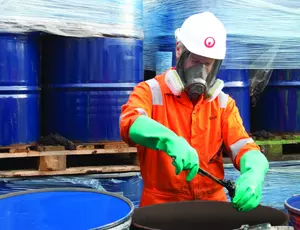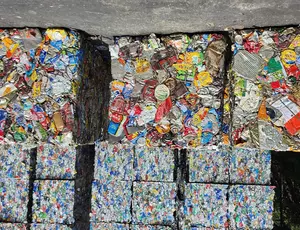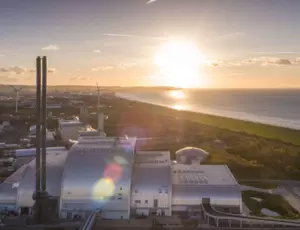At Veolia, we deliver innovative and sustainable solutions to tackle the most complex environmental challenges. Our expertise spans hazardous waste management, energy production, materials recycling, and environmental remediation—all powered by cutting-edge technology and a commitment to excellence.
With our advanced technologies, we transform environmental challenges into opportunities for sustainability and growth, ensuring that your goals are met with the highest standards of safety and efficiency.

Waste management
Hazardous Waste & Resource Recovery

Waste management
Materials Recycling and Innovative Solutions

Waste management
Waste-to-Energy and Resource Recovery


